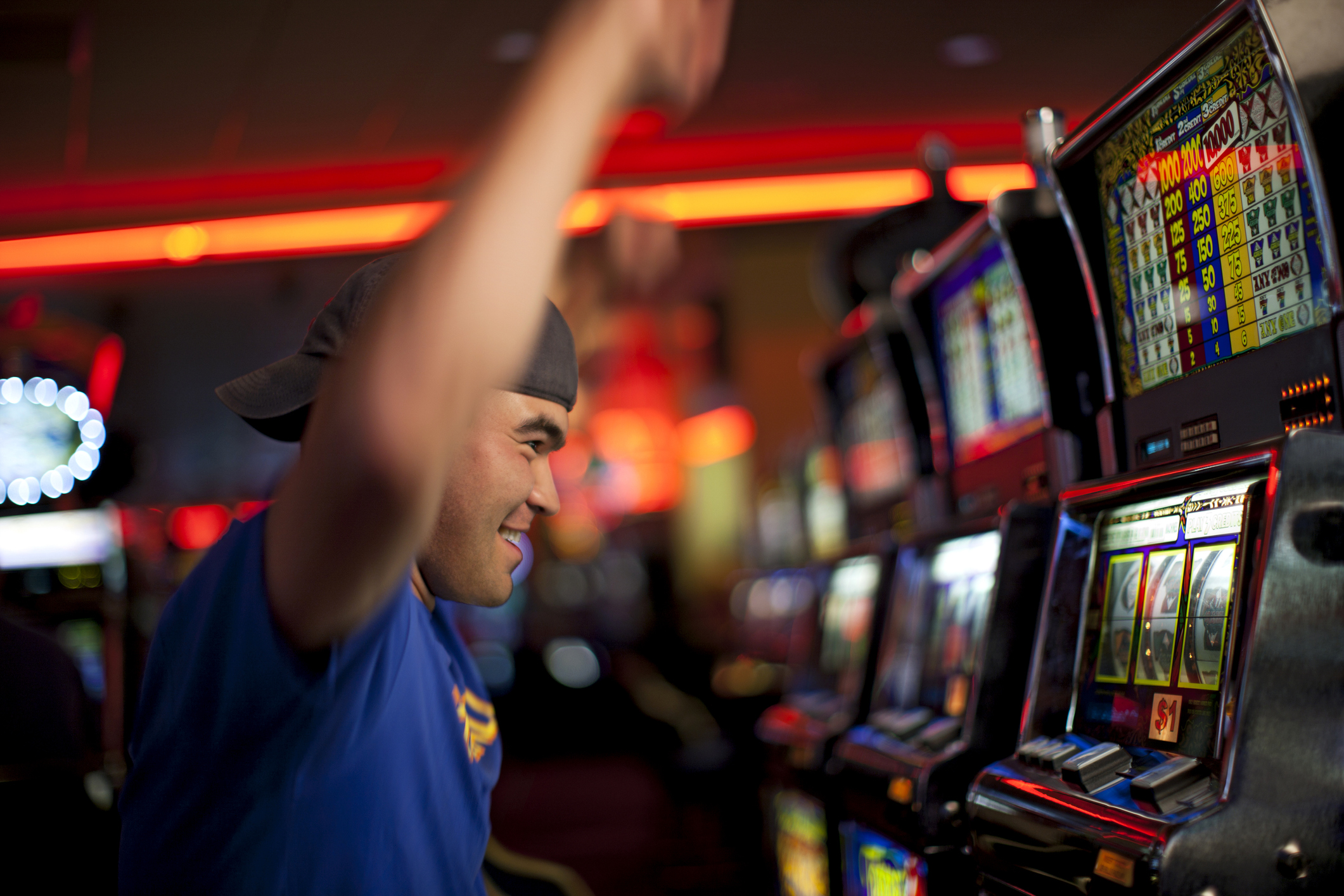Is It Legal To Gamble With Other People’s Money?
Two Minnesota men are under investigation for collecting fees to gamble in casinos on behalf of others.
The scheme in question, according to the Minnesota Alcohol and Gambling Enforcement Division, involves a suburban Minneapolis man, sometimes aided by his brother, live streaming their gambling activities via TikTok.
The suspects allegedly charge a $5.99 subscription fee and an additional $25 for every $100 customers wager on slot machines. The TikTok live stream is to prove to the subscribers they are wagering the money. The wagers and winnings flow in and out through payment apps like Venmo.
If that sounds illegal, you’re probably right. It’s called proxy gambling, where the proxy charges a service fee to gamble money sent to them by people who then don’t need to visit the casino. Although proxy sports betting has been legal for years in Las Vegas, it’s generally illegal elsewhere in the U.S. and prohibited by casinos, including the two where the brothers conducted their operation.
And there’s nothing wrong with live streaming via TikTok — if casinos allow it. The problem is when TikTok live streaming is part of an illegal gambling operation.
A Brief History of Proxy Betting
Proxy betting was once common in Asian casinos, where bettors could be off-site or even out of the country and use their mobile phones to direct a proxy bettor (a friend, junket agent, or even a casino employee) to place bets for them.
Obviously, people sometimes give a trusted friend cash to play in a slot machine for them. Gambling regulators become concerned when proxy casino gambling is systematic, as happened in 2016, when the Nevada Gaming Control Board investigated allegations that Las Vegas Sands Corporation allowed high-stakes Chinese players to bet millions of dollars using other people’s names.
Is TikTok Proxy Gambling Growing?
While Minnesota investigators say their investigation is the first of its kind, it also appears that the Minnesota TikTok proxy gambling operation is not unique. It’s happening elsewhere – and they are almost certainly illegal.
As of Feb. 1, no charges had been filed against the Minnesota men, but the investigation is continuing. Nicole Roddy, a spokesperson for the gambling enforcement agency, said that when it comes to illegal gambling, “It’s not just about making sure people follow the law; it’s about consumer protection.” Without legal assurance, she said, “If you place a wager, there’s no guarantee that you’ll get paid if you win. There’s no way to know if the betting will be run fairly.”
One of the reasons why proxy gambling is illegal is that it provides an avenue for money launderers. A spokesman for the American Gaming Association responded to news of the Minnesota investigation by saying that “actions like this” violate casinos’ protocols against money laundering “and are a threat to our financial system.”
Popular Entertainment
If casinos break the law, they run the risk of losing their operating licenses — and it appears that when the casinos caught wind of the TikTok operations in January they took quick action and kicked the operators out.
Both casinos say they will continue to allow live streaming by gamblers on the premises, however. The reason is that live streaming is a popular form of entertainment for gambling fans, who can watch and learn from gamblers inside the casino in real-time and converse with fellow watchers in chat. Popular TikTok gamblers have huge followings, and casinos benefit from it.
If you’re into gambling, it probably looks like fun. Just make sure that if you play, you do it on the premises with your own money.
Related Resources
You Don’t Have To Solve This on Your Own – Get a Lawyer’s Help
Meeting with a lawyer can help you understand your options and how to best protect your rights. Visit our attorney directory to find a lawyer near you who can help.






